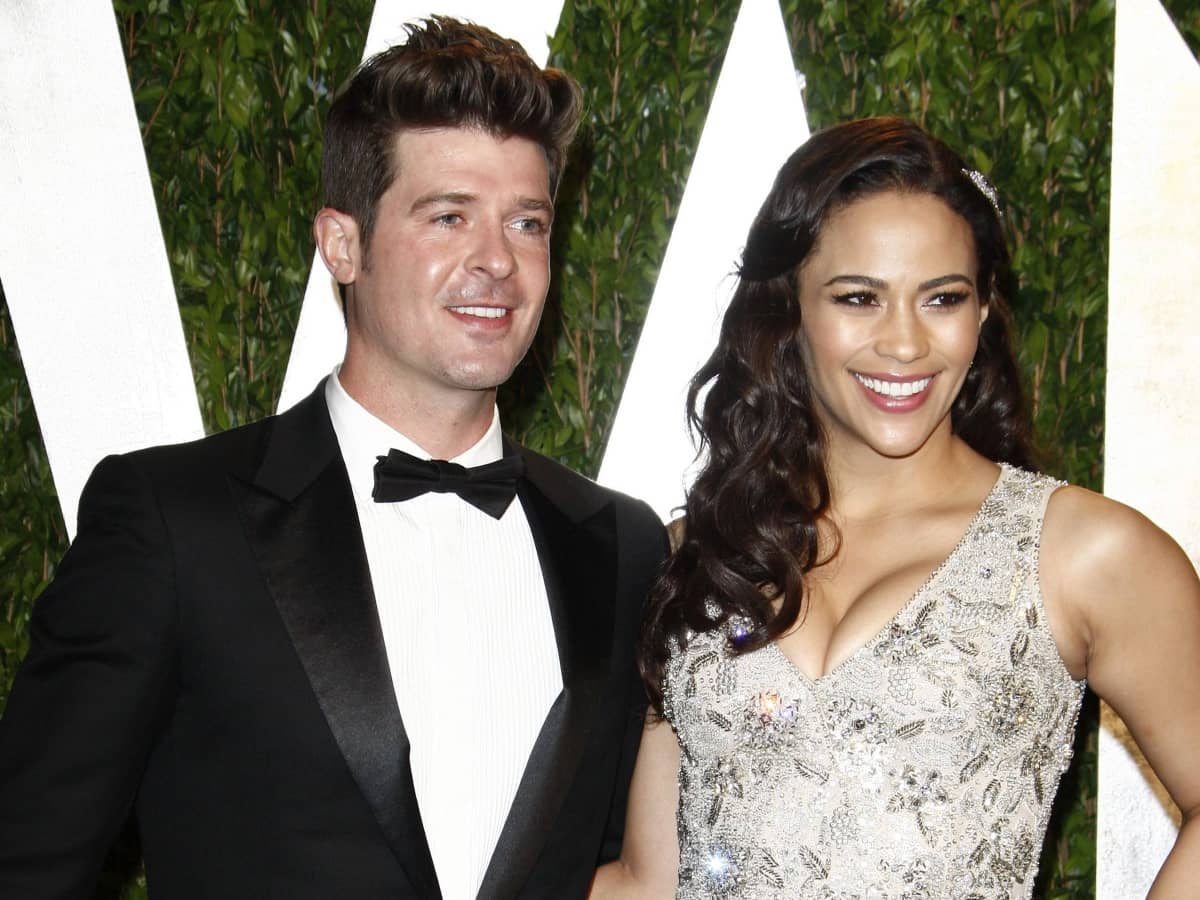With a small crew of producers and engineers, Ziggy is discussing ways the beat could be varied. Ziggy and the Melody Makers have gone platinum a few times with American audiences, but they have more often failed in their attempts to find a commercially viable mix of reggae and pop. The next song they play back is "Melancholy Mood," a hip-hop shuffle slowed to a NyQuil crawl. At around 60 beats per minute, it's about the slowest reggae track I've ever heard, with a mournful and sparse arrangement, in marked contrast to the highly orchestrated pop for which the Melody Makers are known and sometimes criticized.
Another cut, "Postman" a straight reggae number featuring younger brother Steven on lead vocals, sounds closer to Bob Marley than anything Ziggy and the Melody Makers have recorded. The song's chorus asks the question, "Are you getting Jah Message?" It is, of course, a play on the words the and Jah (the latter being short for Jehovah), which is typical of the Rastafarian use of what is called word power. Word power involves integrating references to Rasta beliefs into everyday language; so, for example, to underscore the unity of all things, a Rasta might say "I and I" instead of "we".
Marley's earliest memories of his spiritual life concern a dream he had as a young child, in which he saw Haile Selassie. "A dream that I remember from childhood was His Majesty in a big building walking down an aisle. That was how he first came to me, in a dream, like a vision. That was before I went to school or learned anything about Rasta."
Although Ziggy's father was the world's best-known Rastafarian, Ziggy was not consistently exposed to the religion as a child. Born in humble surroundings in Jamaica ("in Trenchtown, on newspaper," his mother told Vibe magazine last year; "Bob was there, helping to clean up the blood"), he was sent to Delaware as a child, where he was raised by his grandmother. She regularly took Ziggy to a Baptist church, where his first exposure to formal religion was a world away from the mystical naturalism of Rasta. Ziggy doesn't feel that he chose to be a Rasta but that the Rasta way of life chose him.
"It just happened to me. It was a natural process-nothing planned, nothing forced. I believe it because I see it work in my life. I see the fulfillment of my faith because I see the reality of it affecting my life. Simple things. I see it is right because I have guidance from dreams and visions."
Ziggy read a variety of religious texts, including books of Buddhist dharma and the Koran. "From the time I was a youth, seeking knowledge was a part of my life. Reading books, seeking spirituality, trying to find the truth. I read everything because the almighty revealed himself differently to different people. So it's not who you say you believe in but how you live. I don't care what religion you say you are if you're living right, living according to the natural laws of life."
When Ziggy talks about his faith in Rasta, it recalls the Chinese concept of the Tao--that we all have a natural path in life, and the goal is to know who you are and be who you are. Other principles of his faith recall the Buddhist idea that all beings are born with Buddha nature, an innate wisdom and goodness. Although Rastafarianism is based on an interpretation of the Bible, this particular notion would appear to contravene the Christian idea of original sin.
"Jah creates human beings and we are naturally peaceful, are naturally loving. But through society and the system, things change. When you find that natural state of yourself, which is more than flesh, which is spiritual, then just be who you are. I and I deal with conscious living, because actions speak louder than words. Some prayer is important also, but your livity is the key--your living, your lifestyle. You can't just pray and live bad. Live good first.
When I and I meditate, my mind is empty. The mind is not thinking of anything. It is not asking for anything. It's, like, it's everywhere, so, as they say, you are one with the universe. But we also pray as individuals. We ask Jah to guide us, to strengthen us, to protect us and other people."
Although there are formal Rastafarian organizations, Ziggy does not attend any church. "Just life. Our life is our church. The whole earth is Jah's church, and the heavens are the roof. We do have elders and patriarchs, men who have ancient wisdom-roots. That's why we talk about roots. That's important. Jamaica is full of mystics. They know the roots, and come from roots, and are the roots."

